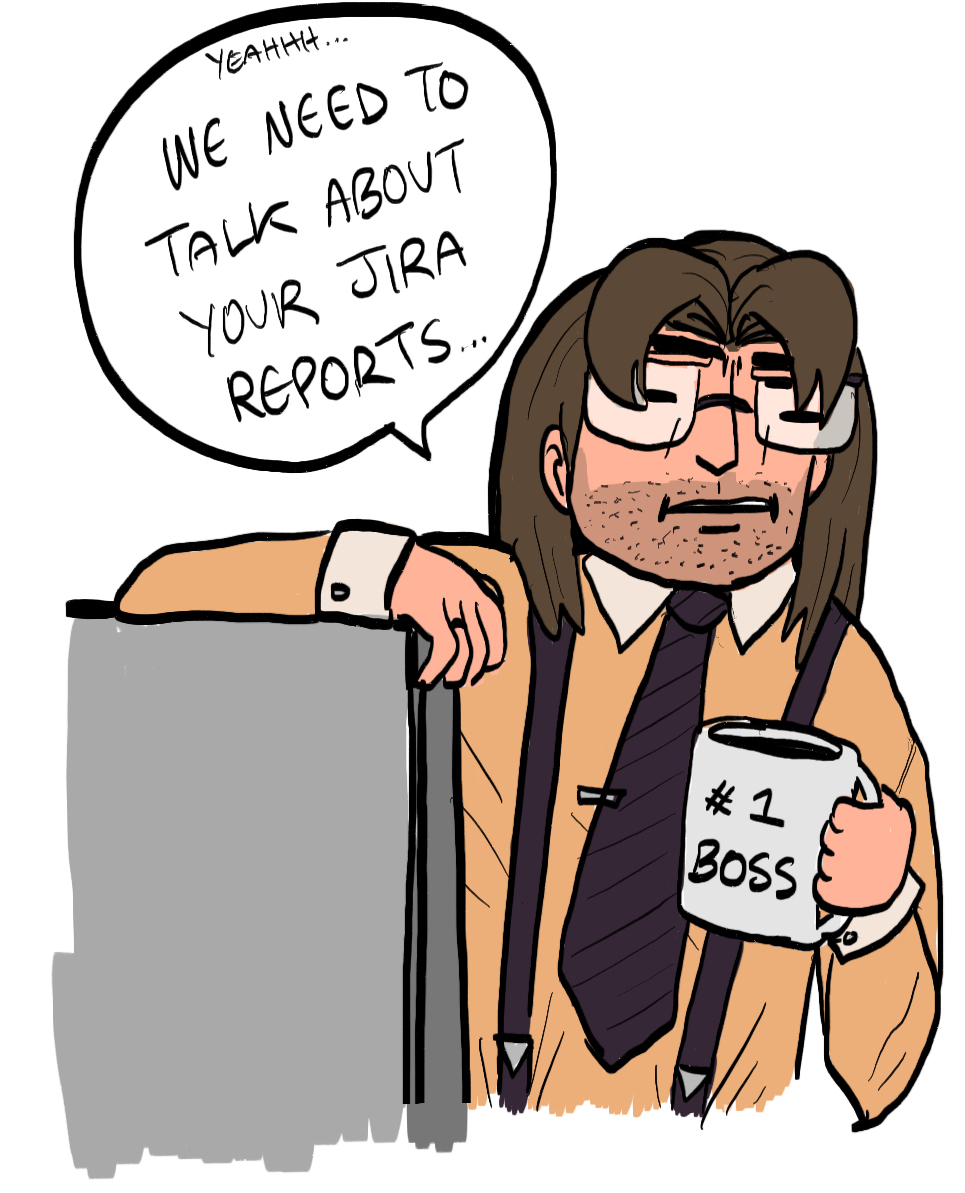Feedback is a gift. Sometimes it is the gift you didn’t know you needed. Like an ugly belt that keeps your plumber’s crack from breathing in the light or day, or a stick of gum because your halitosis is making concentration difficult for your co-workers sitting around you.
The gift that has been bouncing around my head this month is from one of my direct reports after a prolonged secondment in another team.
“Milly, after four and a half months on a project where I worked with only one other engineer, no engineering manager and no dedicated product person, coming back into our team feels like going from University to Kindergarten”.
She went on to explain the comparison. That I was a very hands on manager, that I liked to “check in” on people, and am very present and contributive in meetings. That while some of these traits are good, the constant monitoring and asking when things would be done, or checking on people if they were 2 minutes late to a meeting was… overbearing. It felt like being treated like a 5 year old at daycare.

In contrast, despite the downsides of the lack of support and management over the project, the autonomy and self direction (not to mention the lack of process and meetings) felt more like going to University. Where you are accountable for your own motivation, results and learning. Professors don’t fuss over you. They treat you like adults because well, you are one.
I love feedback that shakes my foundations. It made me realise how much I was coddling the team with my love attention, and how unnecessary it all was.
- I didn’t need to check in to see how someone was going on a card. This is what stand up updates are for
- I didn’t need to remind people if they were late to meetings. Trust that if they can make it and if it’s important they will be there.
- I didn’t need to be at every meeting to facilitate and direct. Trust the team to own the processes themselves.
- I didn’t need to monitor for every issue or unblock someone as soon as a slack message came in asking for help. Let the team learn to unblock themselves, and come in if it escalates
Once I started to realise this, and took the hands off the wheel a bit, I found myself with a lot more headspace and a lot more time to worry about the more strategic 3-6 months away problems. These are the problems that the team is unlikely to be able to solve alone, and is worth more of my hands on time and attention.